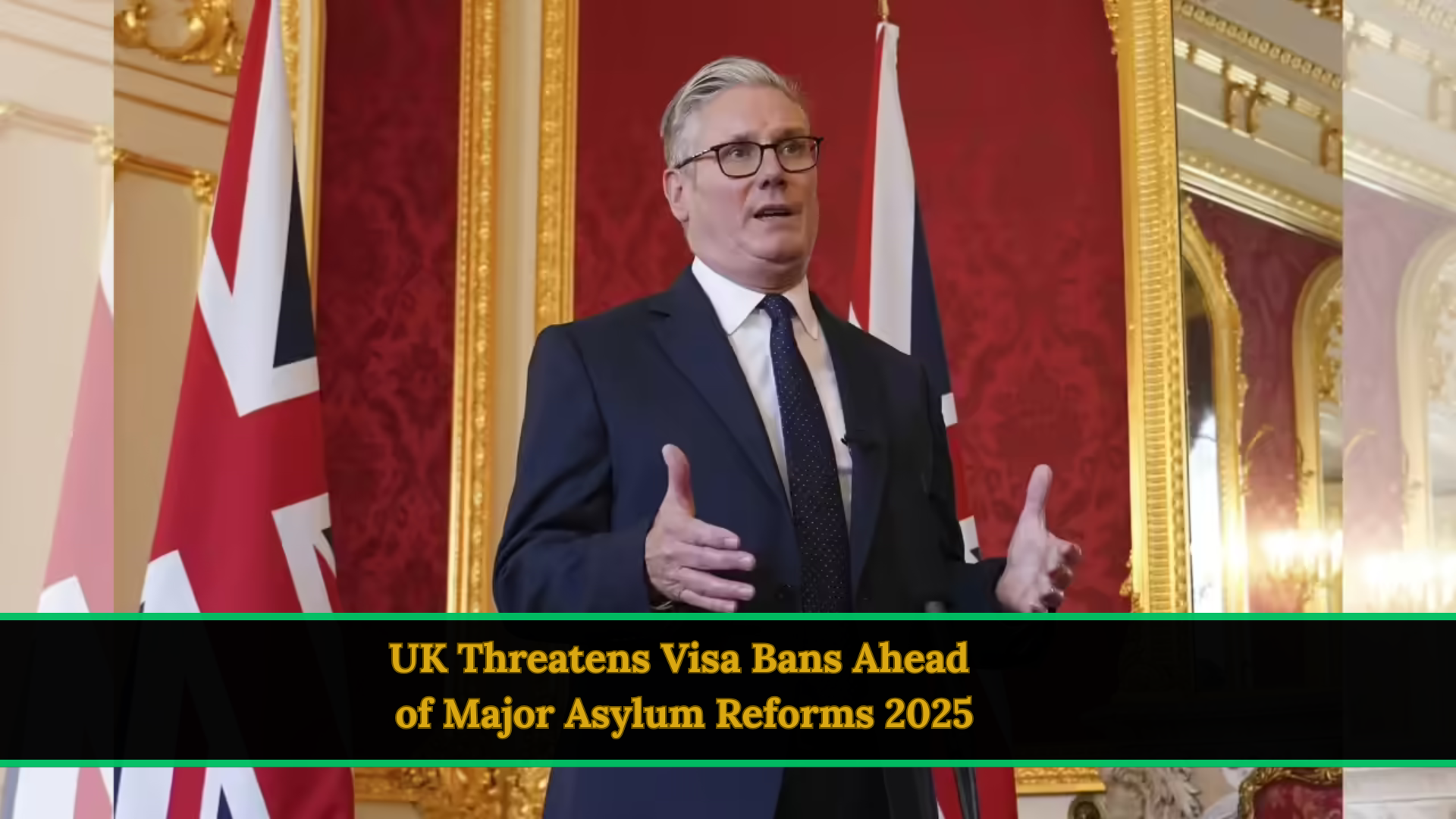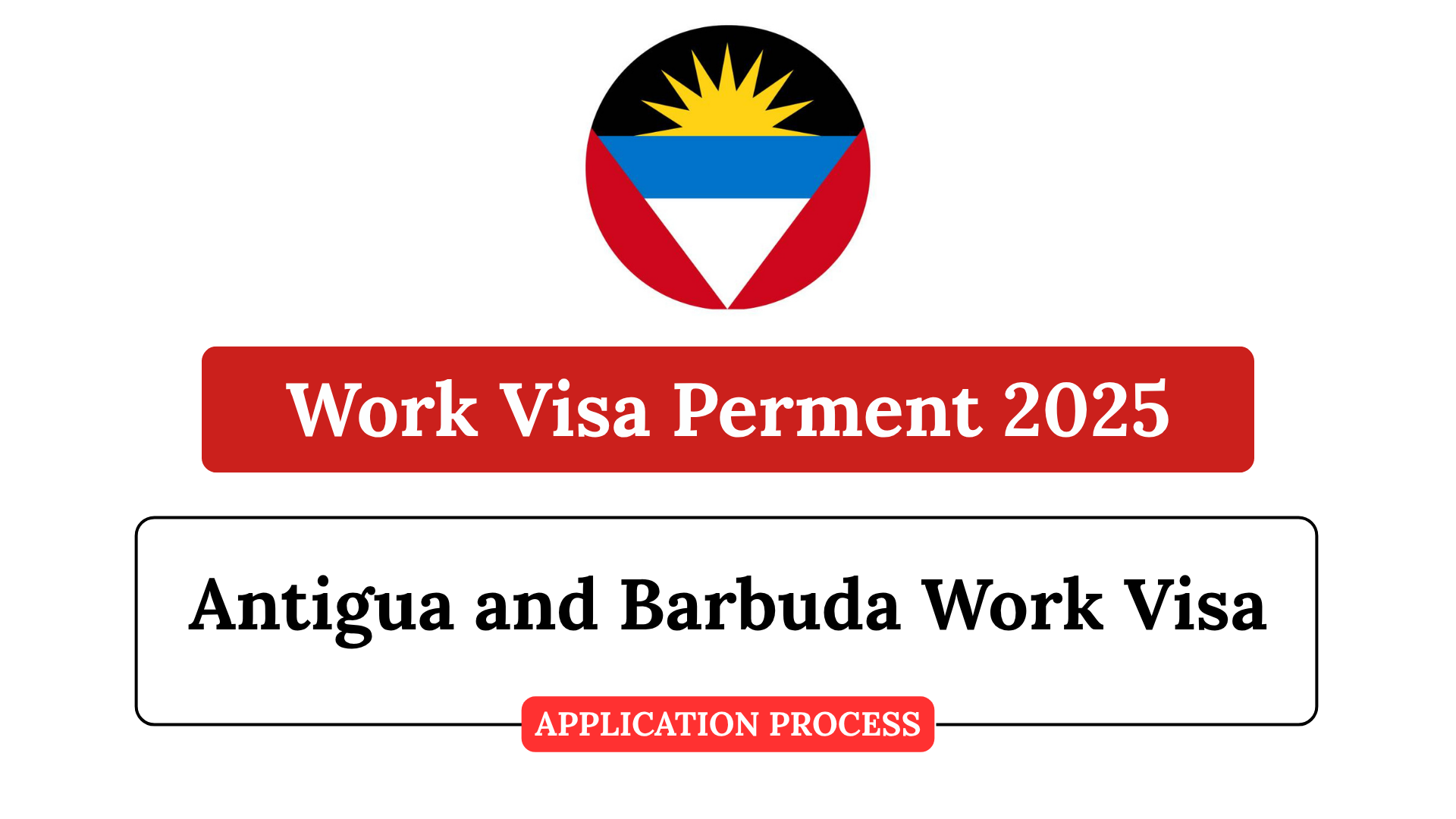UK Threatens Visa Bans Ahead of Major Asylum Reforms 2026. The United Kingdom has issued a strong warning to Angola, Namibia, and the Democratic Republic of Congo, announcing that visa services for their citizens may be suspended if they do not cooperate in accepting the return of irregular migrants. The move comes as the UK prepares to introduce what officials are calling the most extensive asylum reforms in decades.
UK Issues Ultimatum Over Migrant Returns
According to a statement from the Home Office, Britain will stop granting visas to nationals from the three African countries unless they agree to receive “their criminals and illegal immigrants” who have been ordered to leave the UK.
Officials say these nations have shown low cooperation levels in processing deportations and are obstructing the return of irregular migrants prompting the government to take tougher action.
Home Office Minister Alex Norris told Sky News that Angola, Namibia, and the DRC have “one month to get this in order,” adding that similar measures could be extended to other non-compliant countries.
Home Secretary to Unveil Sweeping Asylum Reforms
The ultimatum comes ahead of a major announcement by Home Secretary Shabana Mahmood, who is expected to reveal what the government describes as the “most sweeping reforms to tackle illegal migration in modern times.”
The upcoming overhaul aims to curb the number of asylum seekers arriving in small boats via the English Channel an issue that has become highly polarising in British politics.
Immigration pressures have significantly boosted support for the hard-right Reform UK party, which has recently overtaken Labour in some public polls. The government’s tough stance appears designed to reclaim control of the narrative surrounding migration and asylum policy.
New Restrictions and Emergency Brake on Visas
The government has also outlined plans for an “emergency brake” that would restrict visa access for citizens of countries with high asylum claim rates, even if those nationals enter the UK through legal routes.
Officials compared the planned measures to the travel restrictions introduced during former US President Donald Trump’s administration, particularly regarding states that resist cooperation on deportations.
Decline in Positive Asylum Decisions Despite Rising Applications
Government data shows a drop in successful asylum decisions in 2024 compared to the previous year, even though total asylum applications continued to rise.
This trend comes on the heels of special humanitarian visa routes for Ukrainians, Afghans, and Hong Kong residents, which have increased total migration numbers despite stricter asylum approvals.
Proposed Reforms Shorter Refugee Protection and Stricter Reviews
The government’s upcoming reform package, inspired by Denmark’s strict asylum model, is expected to introduce several major changes:
- Ending automatic benefits for asylum seekers
- Reducing refugee status duration from five years to 30 months
- Requiring regular reviews of refugee protection
- Mandatory return of refugees once their home countries are deemed safe
- Extending the wait for permanent residency from five years to 20 years
These proposals aim to discourage irregular migration and reduce long-term settlement prospects for refugees.
Criticism From Rights Groups and Labour MPs
Charities and opposition MPs have strongly criticised the planned reforms, calling them harsh and counterproductive.
Labour MP Tony Vaughan, speaking on BBC Radio’s Today programme, said the proposals risk placing refugees in a state of “perpetual limbo and alienation.”
He argued that the UK should focus on integrating people rather than creating policies that isolate them and make long-term stability difficult.
Turning Point in UK Asylum Policy
The announcement represents one of the most dramatic shifts in British asylum policy in recent years. It reflects the government’s intensified efforts to address rising public concern over migration levels, particularly the increase in irregular Channel crossings.
Conclusion
The UK’s warning of visa bans and its upcoming asylum overhaul signal a major shift in immigration policy. With stricter rules, reduced protections, and tougher deportation measures, the government aims to curb irregular migration. However, the reforms face strong criticism for potentially increasing uncertainty and hardship for refugees.
















